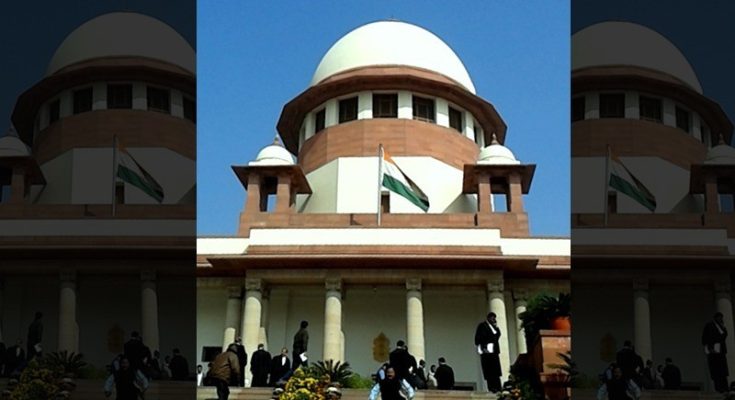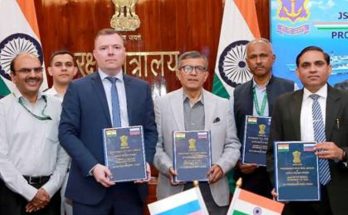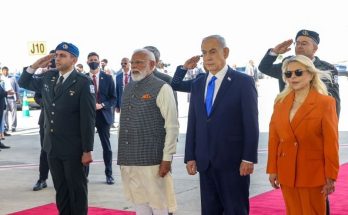#Supreme Court# Maharashtra# Municipal Council# Urdu# Nameboard
New Delhi/IBNS-CMEDIA: The Supreme Court on Wednesday rejected a plea seeking the removal of Urdu used on a nameboard of a municipal council in Maharashtra highlighting that no language belongs to a religion, media reports said.
The top court bench comprising Justices Sudhanshu Dhulia and K Vinod Chandran was hearing the plea filed by Sanjay Bagade, a former Patur councillor in the Akola district of Maharashtra.
The top court said as quoted by NDTV, “Language belongs to a community, to a region, to people; and not to a religion. Language is culture. Language is the yardstick to measure the civilizational march of a community and its people.
“So is the case of Urdu, which is the finest specimen of ganga-jamuni tahzeeb, or the Hindustani tahzeeb, which is the composite cultural ethos of the plains of northern and central India. But before language became a tool for learning, its earliest and primary purpose will always remain communication.”
Previously, Chandran’s petition was rejected by the council as well as Bombay High Court.
The top court noted that the council used Urdu on the nameboard as many local residents understood the language.
“All the municipal council wanted to do was to make an effective communication,” the court said.
“The prejudice against Urdu stems from the misconception that Urdu is alien to India. This opinion, we are afraid, is incorrect as Urdu, like Marathi and Hindi, is an Indo-Aryan language. It is a language which was born in this land.
“Urdu developed and flourished in India due to the need for people belonging to different cultural milieus who wanted to exchange ideas and communicate amongst themselves. Over the centuries, it attained ever greater refinement and became the language of choice for many acclaimed poets,” the bench said.
The court referred to the intricate bonding between Hindi and Urdu which were divided by the colonial powers on the basis of religion.
“A schism exploited by the colonial powers in dividing the two languages on religion. Hindi was now understood to be the language of Hindus and Urdu of the Muslims, which is such a pitiable digression from reality; from unity in diversity; and the concept of universal brotherhood,” it said.
The court said, “If people or a group of people, residing within the area covered by the Municipal Council are familiar with Urdu, then there should not be any objection if Urdu is used in addition to the official language i.e. Marathi, at least on the signboard of the Municipal Council. Language is a medium for exchange of ideas that brings people holding diverse views and beliefs closer and it should not become a cause of their division.”
“Our misconceptions, perhaps even our prejudices against a language have to be courageously and truthfully tested against the reality, which is this great diversity of our nation: Our strength can never be our weakness. Let us make friends with Urdu and every language,” it added.





